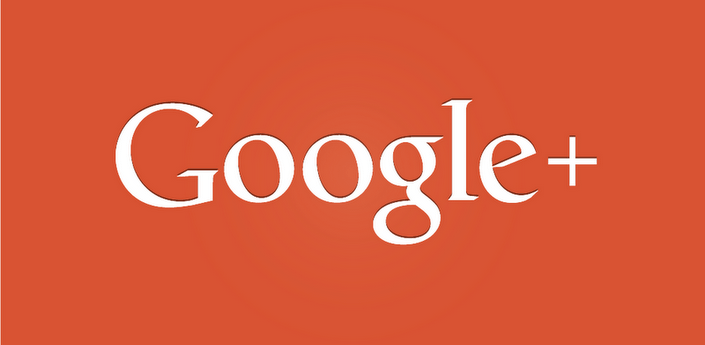There are a lot of social media platforms out there, and no two are completely alike. Each has its own features and styles that you should be aware of. After all, it would be awkward if you didn’t know the cultures of different social media platforms and posted something that doesn’t fit a social media’s sensibility. Read below to learn how to avoid making that kind of mistake.
1. Facebook
Facebook is the social media platform for pretty much everyone. Your parents probably use it. Your grandparents might even use it. It’s where you’ll probably keep up with most of your friends and family, since that’s where a lot of them are already situated. The chat function is a great way to have a quick back-and-forths over the net, and the news feed is a pretty effective way to keep up with what’s going on in your circles. Facebook is best used for basic social interaction.
2. Twitter
Twitter is great for bite-sized updates, short commentary, jokes and humorous anecdotes. This is where you want to be following your favorite celebrities (especially your favorite comedians) because it’s the social media platform used most often for someone to speak their mind. As a creator of content on Twitter, you shouldn’t be delivering any long soliloquies. Say what you need to say to your followers without wasting words.
3. Tumblr
Tumblr is considered one of the most trendy social media platforms. It’s blogging made easy, allowing you to post in a number of formats that include text, photos, quotes, links, video and audio. Because its website and app are very visually-oriented, Tumblr is especially great for browsing for and posting art. It’s an okay place to look at and post photos, too, but there are better social media platforms for that.
4. Instagram
Instagram is one of those social media platforms. It’s a great place to either document your daily life or amaze people with your stunning photography skills. Instagram is both a great way to communicate with your followers and a powerful creative outlet. As long as you’re delivering photos that either show what your life is like or provoke a visceral reaction, you’re doing it right.
5. Pinterest
Pinterest is the other major player in the image-oriented social media platforms scene. But, unlike Instagram, Pinterest is geared towards a consumer instead of a spectator. It’s widely used by women, who often “pin” products that they might purchase in the future. That’s only one way to use Pinterest though. It has all the possibilities of a digital pin board that can be shared with the masses, making it one of the most versatile social media platforms.
6. Snapchat
Snapchat has by far the youngest audience of any of these social media platforms. It offers you the chance to send messages that are automatically deleted from the receivers’ accounts after a few seconds. However, that doesn’t mean they’re gone forever, so don’t treat Snapchat as a free pass to reveal all your secrets. It’s primarily a way to express yourself through a combination of photos and text to close friends.
7. LinkedIn
LinkedIn is as different from Snapchat as social media platforms can be from each other. The social media equivalent of a resume, LinkedIn is primarily used for job hunting or job posting. If you’re sharing your innermost feelings on LinkedIn, you’re probably not using it right.
8. Google+
Even though it initially had other/bigger plans, Google+ has mostly taken off as a secondary option for social media platforms for businesses. Its biggest benefit is only tangentially related to the service itself. The main appeal is that promoting your business on Google+ is an effective form of search engine optimization (SEO). In other words, it’s a way to get your person, company or brand higher up in Google search rankings. If that’s a major concern of yours then plow ahead with it. Otherwise, it’s probably best to be avoided.
Featured photo credit: Social Media Garden/j&tplaman via flickr.com




















































